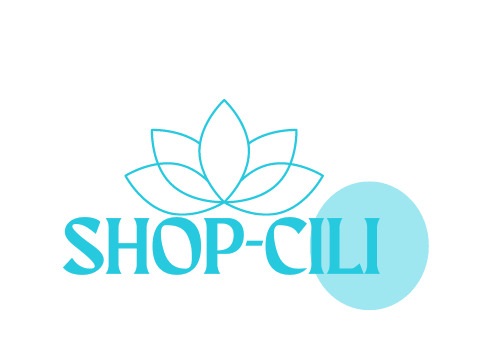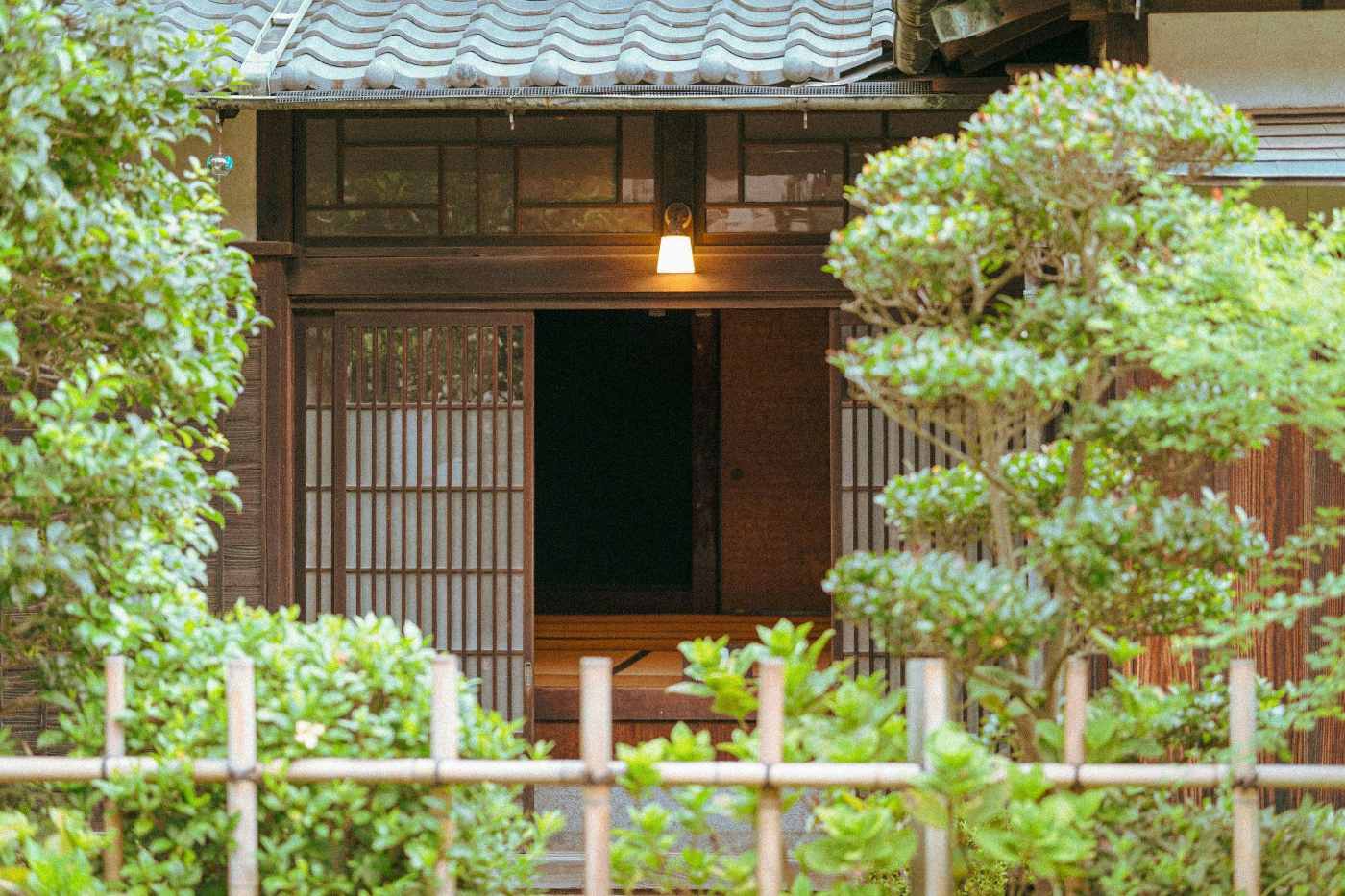No matter where you live, I’m sure you’ve heard a lot about Japan and the people living there, but did you know that many of them live to a ripe old age while remaining happy? What, exactly, gives them the fuel to go on with another day?
A lot is said about the Japanese these days, such as that they’re hard-working perfectionists who sometimes don’t have time for their families and even die from overworking. But on a more positive note, we can see that Japan is a country with a large population of older people, where people in their seventies and eighties are often spotted running or doing different physical activities together. Meanwhile, in your home country, you may be considered unusually fit if you’re still riding a bike at 70.
With that being said, let’s take a dive into a small part of Japan’s culture and discover the ways they stay happy and healthy for so long. In essence, everything leads back to Ikigai, which means “a reason to live” (Iki = live, gai = reason).
Finding your Ikigai
“Find your Ikigai.” That’s easy to say, right? However, it’s essential to understand what Ikigai really is in order to find it.
In short, Ikigai means “a reason to live,” and it can relate to virtually anything in life. In Ikigai: The Japanese Secret to a Long and Happy Life, authors Francesc Miralles and Hector Garcia write about people who are 70, 80 or even 90 years old and are still working happily. In these cases, it’s not because they need to work to earn extra money. Instead, the work they do is their purpose in life.
Likewise, while scrolling through YouTube or another social media platform, you might see a short video of an old Japanese man cooking street food with hand movements so precise and fast, he appears robotlike. It’s highly possible that, in viewing a video like this, you’re seeing a person who has found their Ikigai. The man in the video has probably been cooking the same recipe for dozens of years and is still doing it without getting tired of it.
Of course, the man may be physically tired, but in his mind, he likely feels more calm and peaceful than you can even imagine. During the time he’s cooking, it’s probable that he finds himself in a state of what we call “flow.” You can compare it to a state someone may enter while programming, writing or reading. When you have something to create, you may end up in a flow state in which you’re so focused on the task that you don’t think about anything else and don’t notice the time flying by.
Have you ever started reading a book and got so into it that when you checked the clock, an hour, two or even three hours had passed while it felt like only 15 minutes had gone by? This is a good example of how the flow state feels.
On a related note, I write every day. When I start, I always make sure everything else is done, so I don’t have to stop writing. With non-fiction articles, I dive into research and fact-checking and I feel a sort of flow state, but when I’m writing my own stories that I create in my mind, I can sit for four or five hours straight, just writing and being in my own head.
You can enter the flow state much more easily if you find your Ikigai.
According to the Japanese government’s website, seniors who work solely for financial reasons “have a 1.55 times greater risk of decline in functional capacity two years later” than those with a hobby or job that’s related to their Ikigai. Ikigai is also important for younger people to explore because finding your purpose is beneficial at any age. Imagine how different a person’s life would be if they were to find a hobby or job they were passionate about in their twenties instead of their sixties or seventies. I’m in this spot, and I hope I’ve found my Ikigai.
Staying active at any age
At any age, it’s best to be active every day, such as by taking a walk around your neighbourhood or parking your car a bit further from the entrance when you visit a public place.
I don’t know how old you are, but regardless of whether you’re closer to 20 or 50 years old, the best thing you can do for your retirement years is take care of your body now, as bad habits can accumulate over the years.
Even if you retire from formal work, it’s crucial to keep moving and working. If you don’t have to work at a nine-to-five job you don’t enjoy, you’ll have so many opportunities. You could go to a cafe or a library, or even try opening your own little cafe on the weekends. Whatever you choose to do, find a purpose to wake up the next day.
Eating until you’re 80 percent full
Hara hachi bun me is widely popular in Japan as a culinary guideline that you can also apply to other aspects of life. But for now, let’s focus on food.
This is a direct message: When you have dinner, you should never eat until you’re 100 percent full. Eating that much will make you feel too full and might cause a stomachache, and along the same lines, sometimes it’s better to skip dessert. Dessert will provide you with short-term gratification, but if you eat it on a regular basis, it might also have negative outcomes for your health and body mass.
Have you ever thought about why almost all Japanese people are so slim? Eating until they’re only 80 percent full is one of the main reasons. They don’t overeat; in fact, they often undereat a bit at mealtimes, and then snack a bit if they get hungry later. Therefore, they typically don’t end up with bellies three times their initial size after dinner.
With food and anything else in life, small changes can lead to greater positive outcomes over the years. Think about this and implement small changes to your diet and other habits every day.
Nurturing positive relationships
We all know that the people we surround ourselves with have a big impact on who we are and how we behave. If you take a child who doesn’t cause any problems and put them in a group of kids who like to get into trouble, such as by playing pranks or smoking cigarettes, they may start doing the same things. On the other hand, if you take one of the “bad” kids and have them spend time with a group of “good” kids, they’ll eventually start behaving like them.
The same thing can be seen with adults, but it often takes a little more time. If you find people you like who are helpful and are overall good humans, you’ll have more “push” to behave in the same way. For instance, if you think about going to the children’s hospital to read stories to sick kids, you might not do it alone because it’s too overwhelming. If your friends are all doing it and you decide to go there as a group, though, it’ll seem much easier and all of you will have fun.
Think about the people you spend your time with. Are you getting positive things from them? I’m not saying that you should cut anyone off, but if you can be a positive influence in a not-so-positive group of friends, it might change everyone for the better.
Always showing gratitude
Showing small amounts of gratitude to everyone is key to creating the happiness you need to find your Ikigai, and if you do it every day, you’ll begin to see its power.
If you live with someone, think about something they often do. Let’s say you live with your significant other, and they fill up the dishwasher every day. How many times have you said “thank you” for it?
If you’re new to the practice of gratitude, you may be thinking that it’s just an everyday activity. Why should you say anything? What’s the point?
The point is, if you show your gratitude for small things, other people will feel much better about themselves. Over time, perhaps without even thinking about it, they’ll start expressing the same sort of gratitude towards you. It costs you nothing to say “Thank you for filling up the dishwasher after every dinner.” Similarly, if you ask for tea and they make it, instead of a simple “thank you,” try elaborating by saying, “Thank you for making the tea when I ask for it. I really appreciate this.”
If everyone decides to express their gratitude to the other people in their life in this way, happiness and satisfaction will grow overall.
Life’s about the small things
Everything you’ve read here might sound simple, but this is what life and Ikigai are really about: the small things. Small changes and improvements are the key to a long and happy life—the kind that many Japanese enjoy.
When you set a goal for yourself, your might say, “I want to run a marathon,” but if you’re new to running, your first goal might have to be running one kilometre.
With any goal, it’s best to start slowly, move cautiously and show gratitude as you gradually move toward your Ikigai: Your life’s purpose. And last but not least, don’t forget to smile and share your happiness along the way.
«RELATED READ» 3 FLAVOURS OF GRATITUDE: How to use them to improve your life»
image 1: S. Tsuchiya; image 2: sasint

